Note: A couple weeks ago I re-released on Facebook an article I originally published in 2018 entitled “Human Rights, Natural Law and World Peace,” which discusses the historical relationship between the concept of “natural law” and human rights and their importance to the attainment of world peace. (The article is linked here: http://fromanativeson.com/2018/09/08/human-rights-natural-law-and-world-peace-by-mark-arnold/ ) I released the article again as over the last few years I have become increasingly concerned about the threats to our natural human rights, especially here in the United States, but also in areas around the world that do not have the tradition of protecting these rights. Personally, I believe our most important duty as citizens is the preservation of these rights for future generations. But, the more I have thought about it, the more I have realized that the most essential undercut, or prerequisite, to an understanding of the importance of human rights, is the recognition by the individual person of his own spiritual nature; for once a person grasps this, his understanding of natural human rights follows just as surely as day follows night. These thoughts have been coalescing in my mind for awhile now, but shortly after posting the article my friend John Ruane posted a comment to it that really nailed what I had been wrestling with in my own mind. In his comment John states:
“My only concern is that natural right and natural law was the soundest basis for our justice in the past, (but) it now falls short. It falls short because modern science maintains the view that nature is value neutral and right and wrong, good or bad, just or unjust, are all social constructs which have no real basis in nature. They are probably right. Also, scientific reductionism maintains that human beings are merely chemical reactions and have no spiritual essence. As far as reductionist physics goes that is also right. The task before us is to assimilate all the known science, all the philosophy of the ages; and find an answer that compels assent through reasoning that shows we are not just material. I’m afraid that until we do our society and civilization will eventually fall into a new dark age. I think we have to work fast.”
What John says in the above is, I think, true. Understanding this, the problem then becomes: for the preservation of human rights, just how do we go about assisting people to accomplish this spiritual recognition for themselves? In attempting to answer this question I am not talking about enforcing some vast concept of religion on people, or invalidating how they look at the world or themselves. That would never work. But I agree that, as John stated in his comment, “…The task before us is to assimilate all the known science, all the philosophy of the ages; and find an answer that compels assent through reasoning that shows we are not just material.“
With all this in mind I am re-publishing here an article I originally wrote in 2013, which was my first attempt at tackling the subject of man’s spiritual nature. Back then I entitled it, “The Critical Issue of Our Times.” I think the title still fits…MA
**************
To any honest observer today, it is clear that our nation and our civilization are in serious trouble. The last half century has witnessed, in no particular order, the widespread drugging of several generations of children, serious challenges to traditional concepts of national sovereignty, the decay of educational standards, the erosion of the concept of personal responsibility in our judicial system, the degradation of moral standards, the undermining of religion, attacks on the Bill of Rights and the Constitution and the debasing of our economic system. If one just takes the time to look and inform oneself, evidence of this is all around. Taken as a whole, all of the above presents a confusing situation. To the individual who is trying to function in this scene; who is trying his or her best to get ahead and accomplish some level of security, the result can be frustration and overwhelm. Making it worse is the absence of an apparent reason that explains or at least helps one to understand what is going on. How is it that all of these destructive factors could be taking place simultaneously?
Setting aside for the moment any notion of “conspiracy theory”, in taking a deeper look at this there is a common thread that seems interwoven through many of these factors of cultural destruction. They do have a sort of philosophical basis, if you will, and that is the idea that all is material and that man, therefore, is an animal devoid of anything spiritual. That “common thread” is the hidden factor behind the war of ideas that has been raging at the heart of our civilization for the last 150 years; a war that manifests today as the clash between spiritual values (and all religion really) and the psychiatric inspired and pharmaceutically oriented social engineer and those who do his bidding. It’s a conflict arriving out of the age old question of who we really are. Are we basically an animal composed of nothing more than chemicals and molecules, or are we spiritual in nature? Did we spring solely from some spontaneous chemical reaction in an ancient ammonia sea and evolve from there across the eons to our present form, or are we possessed of a “divine spark” that elevates us and separates us from mere animals? It is an important question, possibly the most critical issue of our times. So it is important that we understand it.
In our society today the subjects generally considered to be authoritative regarding human beings, their behavior and their nature are Psychology and Psychiatry. Vast industries have built up around these subjects. Universities dedicate degrees, professors, laboratories and curriculums to them.The American Psychiatric Association has just published the 5th edition of its Diagnostics and Statistical Manual of Mental Disorders, which they claim is the definitive description of categories of mental disorders and which is used by MDs, psychiatrists, insurance companies and psychologists in diagnosing and treating the supposed mental ailments of their patients. A multi-billion dollar drug industry as sprung up around psychiatry and its myriad mental disorders as described in DSM 5 and earlier DSM incarnations, with specific medications or cocktails of medications being prescribed as a result.
All of this is big business. But is that really what Psychology and Psychiatry should be? The words “psychology” and “psychiatry” have definite meanings. Both derive from the root word “psyche” which is Greek for “soul”, yet a look at these subjects today reveals a total lack of acknowledgement that there is any spiritual side to life. They certainly do not “study the soul” as would be the literal meaning of “psychology” or “heal the soul” as would be the literal meaning of “psychiatry”. Instead both subjects tend to emphasize the material aspects of man and their treatments reflect this.
Indeed, the handling of the “soul” or “spirit” is the traditional bailiwick of religion. How, then, have these subjects of “psychology” and “psychiatry” arrived at a point so far removed from their original mandates? It’s a good question. It is fair to say that until one is able to define the “soul” it would be difficult to study it or heal it. It is fair to say that most religions do an inadequate job of this at best, and instead fall back on belief or faith that the “soul” or “God” exist or are or are not a certain way.
A person may be totally certain such beliefs are true for him, but lacking any tangible way to get another to observe what he has observed or experience what he has experienced, a problem is encountered. It is a problem in certainty, or more correctly, how to share or relay a certainty. It is also subject to the observational ability of the person you are trying to convince or his willingness to observe. One can understand, then, that a subject based on something for which there is as much lack of certainty and observational difficulty as the “soul” could have a hard time charting its course.
However, when you look at the human race empirically, with no bias or slant, the evidence starts to mount in favor of the notion that there is indeed that “divine spark” that separates man from the rest of the animal kingdom. Start with the simple observation that, no matter where you go on the planet or what part of his history or culture you care to study, man nearly always includes as part of his activities the religious and the spiritual. This is so true that it could almost be considered, along with our genetic make up, one of the defining characteristics of Homo sapiens. Whether it is the “witch doctor” chasing out evil spirits in a primitive culture, or the “Gods” of the ancient world on up to todays religions, it is something that is uniformly a part of man’s activities and civilization. Even an atheist would have to acknowledge that the above is a simple observable fact.
There seems to be, part and parcel to human beings, a yearning to grasp the infinite, to understand it and to come to terms with it. This yearning is not reconcilable with only a finite, material existence. The few who have given up completely on this and surrendered to the notion that all is material, including man himself, merely serve to emphasize the point that for the vast amount of humanity this urge toward the spiritual and some comprehension of God exists. And even for these material few, I do suspect they harbor still, in their innermost selves, an element of doubt on the subject. They cannot be, if they are honest, totally certain they are right.
And there are other observations that can be made that cannot be accounted for by the “all is material” school. Some of these may be subjective in character and therefore not easily observed by others. However, when a number of people describe experiences of a similar subjective nature, it can be deduced that something is going on that at the minimum merits further study. This body of phenomena includes near death experiences in which the person describes being aware of going to a white light or something of the sort. It also includes accident victims seeing their bodies being removed from the car wreck and hauled away in an ambulance from a viewpoint outside the body or people merely leaving their bodies while sleeping or awake. It includes religious miracles and also includes the phenomena associated with ghosts and poltergeist as well as “extra sensory perception” (ESP) experiences or what is known as “pre-cognizance”, which is an awareness that something will happen before it does. There is also the sense of communion with God one gets through prayer.
In addition there are cases on record of people remembering who they were in prior lifetimes that have been verified with old records and so on. There is the intense affinity felt by lovers or close friends that can manifest in one knowing the other is in trouble though no tangible communication has been received, and there is the exalted sense of the aesthetic attained when one appreciates a great work of art. It even extends to advanced physics in which scientists report that the smallest particles observable have an annoying habit of appearing and disappearing, seemingly out of or into nothingness. This last fact seems to indicate that there is something more to the old high school physics notion that “matter and energy can be neither created nor destroyed.” If indeed it is being created then it stands to reason that something or someone is doing it. Even the governments of the United States, Russia, China and England and their intelligence agencies were interested enough in the spiritual capabilities claimed by some people that they funded research into what they termed “remote viewing”, which is the ability to “see” things a great distance away from one’s body.
But there is one last observable fact about man that to me speaks volumes about his spiritual nature and does the most to separate him from the mere animal. Man has a conscience. In the world of tooth and claw, this is something unique to humans. There seems to be in most people an intrinsic sense of right and wrong. Again, this is so true that the few who seem not to have a conscience, the Hitlers and criminals of this world, merely serve to highlight the fact that most of us do and we think there is something wrong with those that do not. And we do all we can to restrain those that do not and keep them from doing harm.
The world of tooth and claw is a kill or be killed world. Yet, despite the violence of which they are capable, it is an observable fact that most people feel bad when they damage or hurt another or act in a way that violates the agreements they have made with their fellows in the society. Does an ape or a snake or a tiger feel this compunction? What is it that is different about man?
And along with this sense of conscience is the observation that most people derive a great deal of satisfaction through the simple action of truly helping others. This is something that is observable at every turn. It is almost as if we are bound by some kind of vast brotherhood. Some have lost it, but most retain it. They may not fully comprehend it, but still act in accordance with it and the decency and goodness in this world stems from it.
All of these phenomena seem to indicate that there is something about man that is intensely spiritual though apparently this fact is not recognized by a small minority of the species. How this small minority wound up in charge of that part of Man’s disciplines that purports to study his behavior and thereby recommend therapies for him is an interesting story, and one you should have some understanding of.
In 1798 an English economist named Thomas Malthus published a work entitled “Essay on the Principle of Population”. In this work Malthus stated a doctrine that has been reverberating down through time ever since he first put pen to paper. Malthus theorized that “Population increases in a geometric ratio while the means of subsistence increases in arithmetic ratio.” In other words there will always be the poor and underprivileged because population increases out of step with the means of production and support and that in the end unchecked population increase will spell the demise of mankind. Malthus stated that there were two principle desires in man, one for food and the other for sex, and that these two desires were the driving force behind most of man’s activities.
He also referred to the “natural checks” on this problem being war, disease and famine. Of course it doesn’t take an intellectual giant to see that in the theories of Thomas Malthus are the foundation for the justifications of genocide, ethnic cleansing, allowing famine and disease to continue and so on. By Malthus’ reckoning, war and disease could be considered “good” and therefore man’s natural impulse to help others in distress or less fortunate could be considered misguided at best and “evil” at worst. Malthus apparently does not say much about man’s spiritual nature, viewing him instead as an organism driven by the base desires for sex and food.
The doctrines of Thomas Malthus had a major effect on those who came after him. Probably the most significant of these was Charles Darwin. According to Darwin himself it was after reading Malthus’s “Essay on the Principle of Population” in 1838 that he postulated his theory of “natural selection” or what is commonly known as “survival of the fittest.” This led Darwin to theorize that life on earth had evolved over very long periods of time and was not “created” as had been interpreted from the Bible and which was the popular belief of the day. Darwin published his ideas in his famous work “The Origin of Species” in 1859. According to Darwin the life form of man had evolved into its present form through successfully adapting to changing environmental conditions down through the eons. It did not seem to occur to Darwin that of all the life forms on earth, man was the one who succeeded by changing the environment to suit him, not the other way around.
As a result of Darwin and Malthus the idea that man was an evolving animal had taken firm root in Western science and thought. All that remained now was for someone to take the subject of “psychology”, what had been the “study of the soul”, and adapt it to this new idea that man was a long evolving animal driven by his desire for sex and food. That “someone” was German psychologist Wilhelm Wundt. Starting from the idea that man was an animal and that no “soul” existed Wundt then explained all behavior as stemming from the effect of external stimuli on the nervous system and brain. This of course eliminated the concepts of personal will, original thought and personal responsibility as factors in human behavior and set up the basis for what we know today as “Behaviorist Psychology”.
Wundt taught at Leipzig University for nearly 50 years, 1875 – 1920, and had a vast effect. His students and disciples, including Ivan Pavlov and B.F. Skinner, spread the principles of “Behaviorist Psychology” everywhere including the field of education. Traditionally education was thought to be the imparting of knowledge to a person, which then allowed that person to make the best use of his individual talents and gifts. With this new “psychology” education became the process of bringing about the “correct” response to external stimulus. Wundt died in 1920. By the time of his death “Behaviorist Psychology” had become the accepted standard for the field of Psychology and the subject had forever lost the meaning of its own word “psyche”.
“Psychiatry” is today defined as that branch of medicine that deals with mental and emotional ills and their treatment. As the definition implies (psychiatry today being a branch of medicine) it considers that mental and emotional disorders are physical in nature and therefore mostly advocates physical handlings that today includes drugs (frequently), but also such practices as ECT (Electro-Convulsive Therapy…otherwise called ‘shock treatment’).
Like behaviorist psychology, psychiatry got rolling in the later part of the 1800’s, initially as the “caretakers” of the insane. Treatments at the time included incarceration, of course, but also restraints, flogging, immersing in cold water and even spinning the patient rapidly in a special chair in an attempt to re-arrange his brain.
As could be expected, it was one of Wundt’s students who probably could be considered the father of modern psychiatry. His name was Emil Kraepelin. Kraepelin postulated that all mental ills were rooted in some brain or neurological malfunction and was the first to start diagnosing and labeling specific categories of mental illnesses.
Despite the air of legitimacy that psychiatry began to garner for itself, the treatments that it endorsed based on the theory that mental illness was physical in nature ranged from the bizarre to the barbaric. Two such treatments were psychosurgery and ECT. The idea of surgery on a person’s brain to change their behavior had its modern beginning in the mid 1800s when a manual laborer named Phineas Gage survived an explosion in which an iron spike was driven through his skull. It was noted as he recovered that he seemed to have had a personality shift as he was more mild mannered before the accident.
Building from the example of Phineas Gage, psychosurgery had its heyday in the 1940s and early ‘50s when psychiatrist Walter Freeman developed what became known as “ice pick lobotomy” in which he used an ice pick like device inserted into the brain through the patient’s eye socket in an attempt to disrupt the frontal lobes. Freeman and other psychiatrists performed thousands of these surgeries and it was Freeman himself who operated on the famous movie actress Frances Farmer at Western State Hospital in our own state of Washington.
Similarly ECT got its bizarre beginning in 1938 when Italian psychiatrist Ugo Cerletti visited a slaughter house and observed the use of electric shock on hogs about to be killed. After seeing the shock induced convulsions on the hog, Cerletti decided he would try it on a human and did. Thus ECT was born. Its use as a psychiatric therapy through the years has fluctuated but reportedly is once again on the rise with estimates of 20,000 to as high as 100,000 Americans shocked within the last year. (figures on ECT use are hard to verify because many states do not require adequate records)
To the average person such treatments are savage and brutal. We wonder how people could do these things to other people. But the history of psychiatry is replete with such acts. Look into NAZI Germany and you find behind the scenes and hard at work psychiatrists with their theories of mental illness and racial hygiene. In our own country, in the 50s and 60s psychiatrists in collaboration with the CIA performed LSD experiments on unsuspecting victims in prisons and mental hospitals as part of the top secret MK ULTRA program. As recently as the late ‘ 70s it was exposed by two Seattle members of the Citizens Commission on Human Rights that mental patients incarcerated at Western State Hospital in the State of Washington were being poked with electric cattle prods as a means of controlling them.
Today, while shielding their actions as necessary treatment for supposed diseases such as ADHD (Attention Deficit Hyperactivity Disorder) that they say stem from chemical imbalance in the brain, psychiatrists and drug companies have succeeded in drugging over 9 million American children. That’s 9 million!! When I was a kid in the ‘50s not one child in our entire grade school was on psychiatric drugs! Violent incidents in schools were nearly unheard of. Today hardly a week goes by without news of another school shooting or some such incident that when looked into discovers the shooter to have been on one or more psychiatric drugs. Far from solving the mental problems of those taking the drugs, their problems are often exacerbated by the medications to the point that violence ensues.
I have heard it said and excused by a recent talk show host that 100,000 people getting ECT is such a small percentage of those treated by psychiatry that it is not a significant amount. I wonder what he would say if it was his mother or brother they were doing it to? No matter how you slice it, 100,000 people are a lot of people.
All of the above has happened and is allowed to happen because psychology and psychiatry have lost the meaning of their own word “psyche”. The idea that man is an animal and all is material pervades everything they do now and is rapidly pervading our culture. I do not think it is a coincidence that with this pervasion we are witnessing the onslaught of immorality, criminality and violence that is occurring today not to mention the other elements of cultural destruction mentioned at the outset of this article.
The central issue here is a simple one. Are we animals who are to be controlled and drugged in order resolve our problems or the problems others have with us? Or, are we reasoning beings, possessed of that ‘divine spark’ that sets us above the animals and closer to God? It is an important issue and may well be the most critical question of our times.
I do believe the future of our civilization rests on how we answer it.
Copyright©2013
By Mark Arnold
All Rights Reserved
bailiwick: “an area of activity in which somebody has specific responsibility, knowledge , or ability” Ref: Encarta Dictionary
Poltergeist: “a supposed supernatural spirit that reveals its presence by creating disturbances, e.g. by knocking over objects” Ref: Encarta Dictionary
The practice of using cattle prods on patients was stopped at WesternState in the late ‘70s as result of the work of Chris Finn and Steve Kozachik exposing it to the media. The resulting flap and public outrage forced the issue.

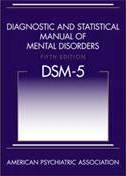
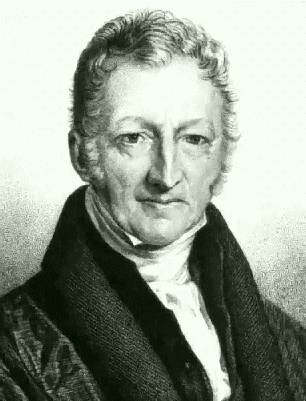
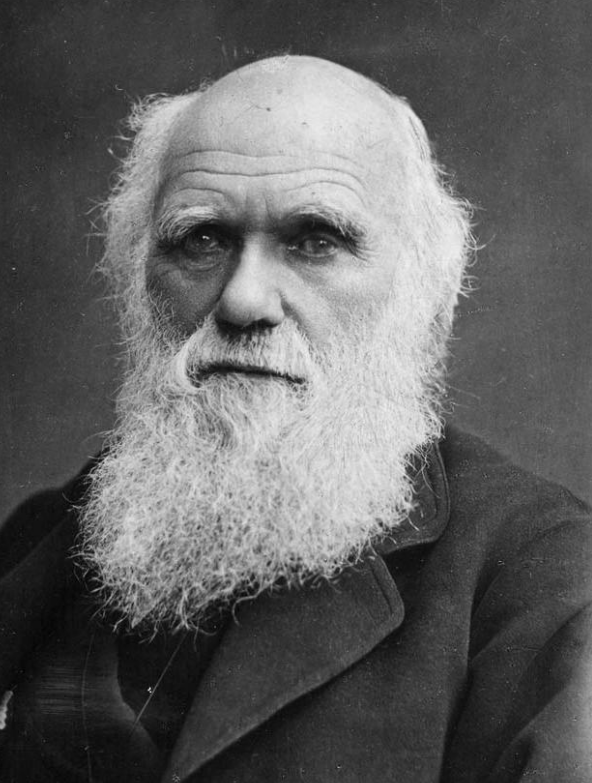
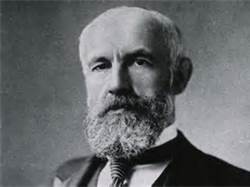

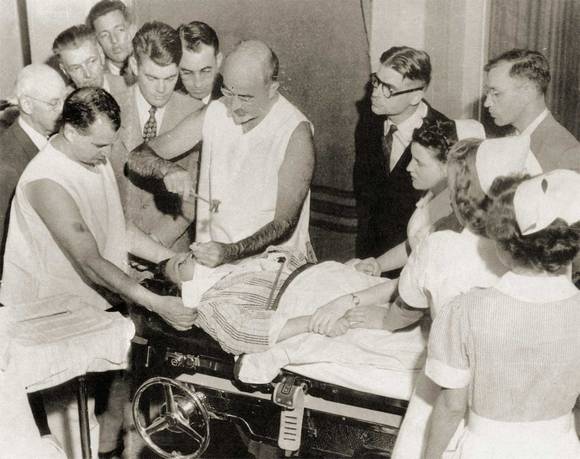


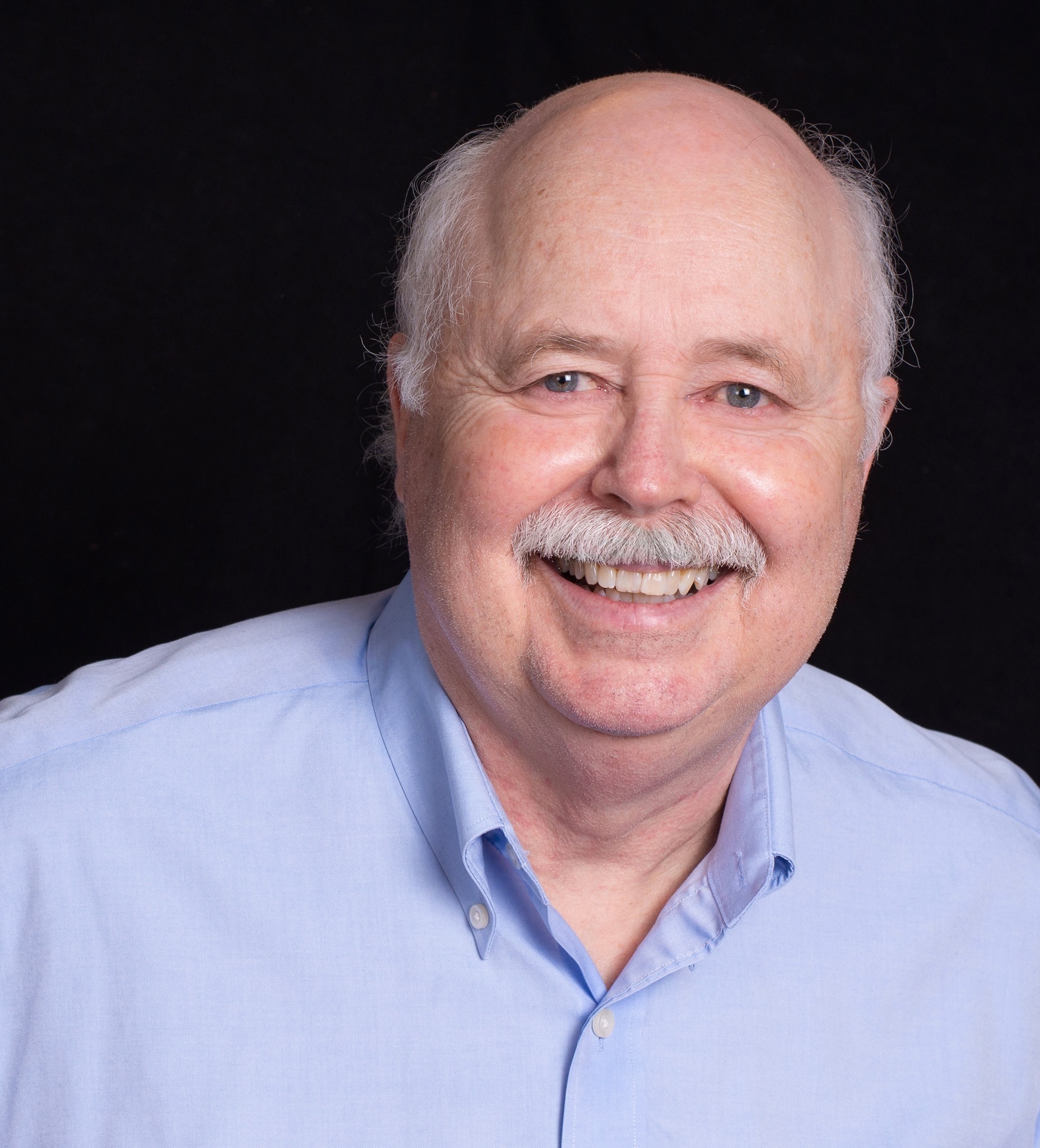
2 Responses
Interesting article Mark. I think you’ve hit the nail on the head. The psychologists and psychiatrists and the media have people so scared of each other but the truth is that most people are very good. Let’s treat each other as we would want to be treated, with respect, and help each other. Let’s not be afraid of each other, but be as we should, like friends and family because we’re all in this together. And if we raise each other up, we may just make it.
Thanks for your comment Becky. The points you make are so true, and you are right…we may just make it! MA